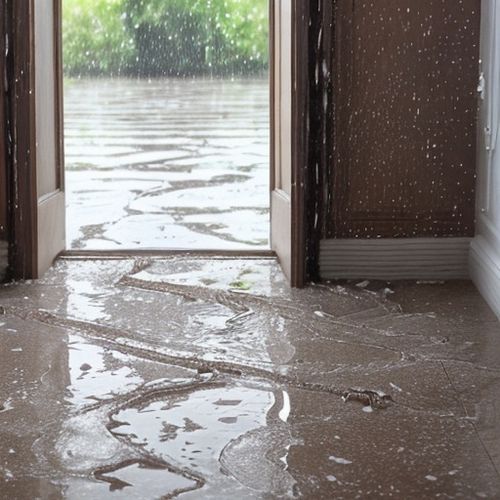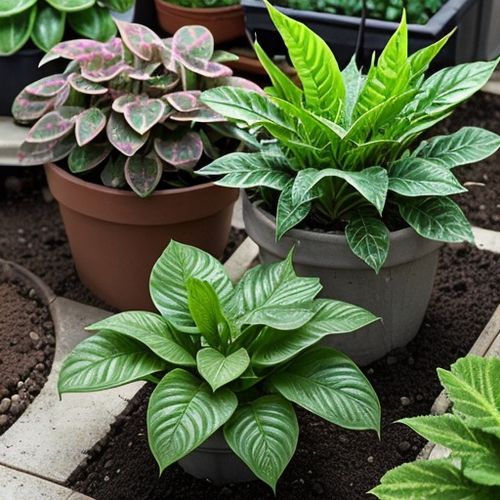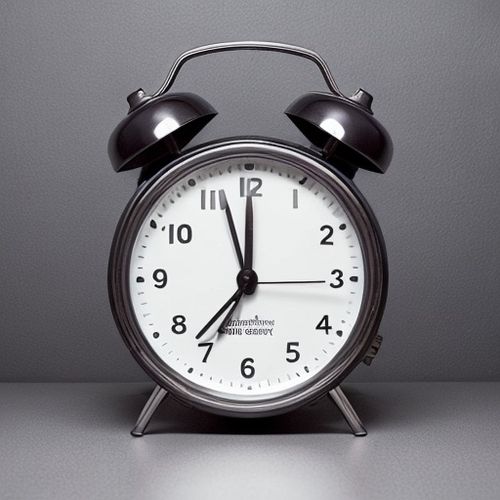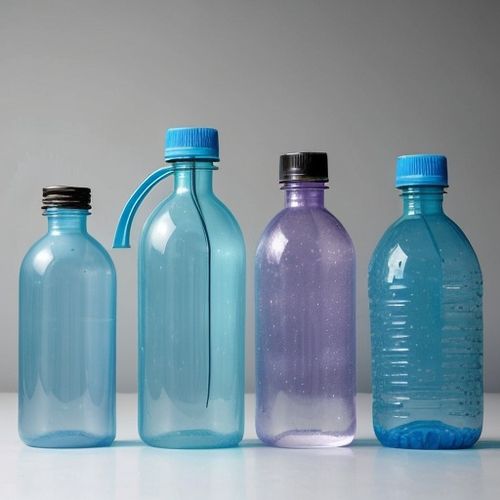For decades, the advice to drink eight glasses of water a day has been touted as a golden rule for optimal health. From fitness gurus to wellness blogs, this recommendation is repeated so often that it’s rarely questioned. But where did this idea originate, and does science actually support it? The truth about daily water intake is far more nuanced than a one-size-fits-all prescription.
The origins of the "eight glasses a day" myth are surprisingly murky. Some trace it back to a 1945 recommendation by the U.S. Food and Nutrition Board, which suggested approximately 2.5 liters of water daily—but crucially, this included water from all beverages and food. Over time, this context was stripped away, leaving only the simplified directive. Modern research reveals that hydration needs vary dramatically based on factors like body size, activity level, climate, and even the water content of one’s diet.
Hydration science shows that our bodies are remarkably adept at regulating fluid balance. The human brain triggers thirst long before dehydration becomes dangerous, and healthy kidneys efficiently conserve or excrete water as needed. While dehydration can impair cognitive function and physical performance, studies find most people maintain adequate hydration by simply drinking when thirsty. The notion that we’re all chronically dehydrated unless consciously chugging water is largely a marketing fabrication promoted by bottled water companies.
Interestingly, the water we consume isn’t limited to what we drink. Food contributes about 20% of daily fluid intake, with fruits and vegetables like cucumbers, watermelon, and spinach being over 90% water by weight. Even seemingly dry foods like bread or cheese contain significant moisture. This explains why population studies often find people consuming far less than eight glasses of water daily without adverse health effects—they’re meeting their needs through other sources.
Certain situations do warrant increased water consumption. Athletes training in hot environments, individuals with kidney stones, and breastfeeding mothers all have elevated fluid requirements. The elderly may need reminders to drink, as aging can dull thirst signals. But for the average healthy adult, forcing excess water provides no proven benefits and can even be dangerous in extreme cases, leading to hyponatremia—a potentially fatal dilution of blood sodium levels.
So how much water should you really drink? The answer is refreshingly simple: let your body guide you. Thirst remains the most reliable indicator for most people, supported by monitoring urine color (pale yellow is ideal). The eight-glass rule was always an oversimplification—your perfect water intake depends on your unique physiology, diet, and lifestyle. Rather than obsessively counting cups, focus on staying moderately hydrated through a combination of beverages and water-rich foods, adjusting as needed for activity and climate.
The water myth persists because it’s easy to remember and difficult to disprove—after all, water is essential to life. But as with most health advice, the reality defies catchy slogans. True hydration isn’t about hitting an arbitrary numerical target, but rather maintaining the delicate fluid balance your 60%-water body has evolved to manage. Perhaps the wisest approach is to drink when nature suggests, eat plenty of water-containing foods, and trust that your millennia-old biological systems know what they’re doing.

By Thomas Roberts/Apr 25, 2025

By Daniel Scott/Apr 25, 2025

By Thomas Roberts/Apr 25, 2025

By Daniel Scott/Apr 25, 2025

By Lily Simpson/Apr 25, 2025

By Megan Clark/Apr 25, 2025

By Christopher Harris/Apr 25, 2025

By Amanda Phillips/Apr 25, 2025

By John Smith/Apr 25, 2025

By Michael Brown/Apr 25, 2025

By Daniel Scott/Apr 25, 2025

By Olivia Reed/Apr 25, 2025

By Elizabeth Taylor/Apr 25, 2025

By James Moore/Apr 25, 2025

By John Smith/Apr 25, 2025

By William Miller/Apr 25, 2025

By Daniel Scott/Apr 25, 2025

By Emma Thompson/Apr 25, 2025

By James Moore/Apr 25, 2025

By Ryan Martin/Apr 25, 2025